Between the Streets and the Assembly : Social Movements, Political Parties, and Democracy in Korea
ISBN 9780824890179
Language English
N. of Pages 244쪽
Size/Weight 152 * 230 * 21 mm / 390 g
Author/Editor Yoonkyung Lee
Publisher University of Hawaii Press
Date of Publication 2022년 03월 31일
Country of Origin USA
ABOUT THE BOOK
Streets in Korea rarely go quiet without first having a public demonstration and Korean citizens are known as seasoned protestors, charting the course of national politics. Between the Streets and the Assembly explores how protest movements have become the prominent mode of democratic politics in Korea, in contrast to political parties in the National Assembly that have lagged behind in partisan representation and accountability. To unpack this political dynamic, this book closely follows three groups of democracy activists who were born in their resistance to military dictatorships but who pursued different methods of democratic representation in postauthoritarian Korea (1987–2020). One group stayed in civil society and organized powerful protests outside formal institutions; another group chose to join existing parties with the aim of reforming legislative politics; and the third group was devoted to forming separate progressive parties to be the agent of transformative agenda. By analyzing the interactive evolution of these three modes of democratic representation, Yoonkyung Lee finds that social movement organizations have been more effective than activist-turned politicians in centrist or progressive parties in creating coordination infrastructures for collective action. Through the practice of organizing national solidarity networks, innovating the methods of mass street demonstrations, and drawing professional expertise to formulate policy alternatives, Korean civic groups have built the capacity to directly shape and alter the course of national politics, unlike activist-turned politicians who remained divided with no common political programs.
This study asserts that social movement organizations and political parties develop variable capacities for democratic representation, depending on coevolutionary interactions with each other. The experience of Korean democracy shows social movement groups can be a powerful agent of national politics against the scholarly assumption that views civic associations as narrowly focused, transient organizations. Between the Streets and the Assembly suggests a different possibility of political process, one in which civic groups and participatory citizens, not political parties, are the primary drivers of democratic politics.
[FR]
À PROPOS DU LIVRE
En Corée, il est rare que les rues se taisent sans qu'une manifestation publique ait eu lieu au préalable et les citoyens coréens sont connus pour être des protestataires chevronnés, qui tracent la voie de la politique nationale. Between the Streets and the Assembly explore la manière dont les mouvements de protestation sont devenus le mode principal de la politique démocratique en Corée, par opposition aux partis politiques de l'Assemblée nationale qui ont pris du retard en matière de représentation partisane et de responsabilité. Pour analyser cette dynamique politique, ce livre suit de près trois groupes de militants démocratiques qui sont nés de leur résistance aux dictatures militaires, mais qui ont poursuivi des méthodes différentes de représentation démocratique dans la Corée post-autoritaire (1987-2020). Un groupe est resté dans la société civile et a organisé de puissantes manifestations en dehors des institutions officielles ; un autre groupe a choisi de rejoindre les partis existants dans le but de réformer la politique législative ; et le troisième groupe s'est consacré à la formation de partis progressistes distincts pour être l'agent d'un programme de transformation. En analysant l'évolution interactive de ces trois modes de représentation démocratique, Yoonkyung Lee constate que les organisations de mouvements sociaux ont été plus efficaces que les militants devenus politiciens au sein de partis centristes ou progressistes dans la création d'infrastructures de coordination pour l'action collective. En organisant des réseaux de solidarité nationale, en innovant les méthodes de manifestations de masse dans les rues et en s'appuyant sur l'expertise professionnelle pour formuler des alternatives politiques, les groupes civiques coréens ont acquis la capacité de façonner et de modifier directement le cours de la politique nationale, contrairement aux politiciens activistes qui sont restés divisés et n'ont pas de programmes politiques communs.
Cette étude affirme que les organisations de mouvements sociaux et les partis politiques développent des capacités variables de représentation démocratique, en fonction des interactions coévolutives entre eux. L'expérience de la démocratie coréenne montre que les groupes de mouvements sociaux peuvent être un agent puissant de la politique nationale, contrairement à l'hypothèse des universitaires qui considèrent les associations civiques comme des organisations éphémères et étroitement ciblées. Between the Streets and the Assembly suggère une autre possibilité de processus politique, dans laquelle les groupes civiques et les citoyens participatifs, et non les partis politiques, sont les principaux moteurs de la politique démocratique.
















![문화가 있는 한국어 읽기 1 [초급] Reading Korean with Culture 1 [Beginner] MP3 Download](https://images.squarespace-cdn.com/content/v1/62f643e31145611db3fb960d/1687508199069-WGS6C73641FXULJ6BK7Z/16+-+9788927732488.png)
![문화가 있는 한국어 읽기 1 [초급] (CD1 포함) Reading Korean with Culture 1 [Beginner] (CD1 included) - BAMKO Books](https://images.squarespace-cdn.com/content/v1/62f643e31145611db3fb960d/1689714609434-5JVEVW1FB37RY8F0MBKH/9788927732488.jpg)
![문화가 있는 한국어 읽기 1 [초급] (CD1 포함) Reading Korean with Culture 1 [Beginner] (CD1 included) - BAMKO Books](https://images.squarespace-cdn.com/content/v1/62f643e31145611db3fb960d/1677023060086-OMGTF4JPA089GKHTU3IT/%25EB%25AC%25B8%25ED%2599%2594%25EA%25B0%2580%2B%25EC%259E%2588%25EB%258A%2594%2B%25ED%2595%259C%25EA%25B5%25AD%25EC%2596%25B4%2B%25EC%259D%25BD%25EA%25B8%25B0%2B1%2BTAB1.jpg)
![문화가 있는 한국어 읽기 1 [초급] (CD1 포함) Reading Korean with Culture 1 [Beginner] (CD1 included) - BAMKO Books](https://images.squarespace-cdn.com/content/v1/62f643e31145611db3fb960d/1677023083311-A9EY9YIFXLVSRLAWKXZC/%25EB%25AC%25B8%25ED%2599%2594%25EA%25B0%2580%2B%25EC%259E%2588%25EB%258A%2594%2B%25ED%2595%259C%25EA%25B5%25AD%25EC%2596%25B4%2B%25EC%259D%25BD%25EA%25B8%25B0%2B1%2BTAB2.jpg)
![문화가 있는 한국어 읽기 1 [초급] (CD1 포함) Reading Korean with Culture 1 [Beginner] (CD1 included) - BAMKO Books](https://images.squarespace-cdn.com/content/v1/62f643e31145611db3fb960d/1677021455398-Y2DCVO6BXYD6KH6C8STL/%EB%AC%B8%ED%99%94%EA%B0%80+%EC%9E%88%EB%8A%94+%ED%95%9C%EA%B5%AD%EC%96%B4+%EC%9D%BD%EA%B8%B0+1+small.png)